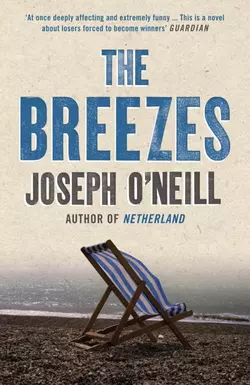The Breezes

Joseph O’Neill
Тип: электронная книга
Жанр: Современная зарубежная литература
Язык: на английском языке
Стоимость: 152.25 ₽
Статус: В продаже
Издательство: HarperCollins
Дата публикации: 16.04.2024
Отзывы: Пока нет Добавить отзыв
О книге: A brilliant and darkly comic novel from the Man Booker Prize longlisted author of ‘Netherland’.Fourteen years ago Mary Breeze was killed by lightning – it should have been all the bad luck that the Breeze family were due but, as John Breeze is about to find out, this couldn′t be further from the truth. ‘The Breezes’ is John Breeze′s account of his family′s most hellish fortnight – when insurance policies, security systems and lucky underpants are pitted against redundancy, burglary and relegation – and lose. John (a failing chair-maker) and his father (railway manager and rubbish football referee) are only feebly equipped with shaky religious notions, management maxims and cynical postures as they try to come to terms with the absurd unfairness of lightning striking twice…From the conflict between blind optimism and cynicism, to the urge to pretend that things just aren′t happening, ‘The Breezes’ is wonderfully clever and comic novel about desperately trying to cope with the worst of bad luck.